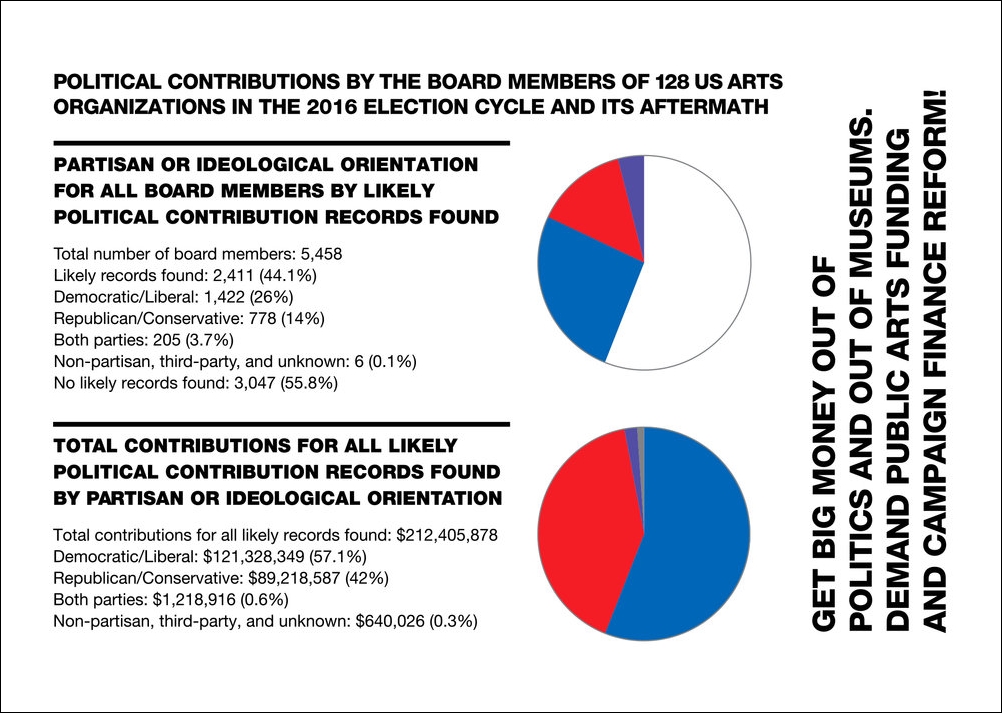Answering the question about other controversies in the field of museums and heritage centers is a challenge for me. Most of the concerns/controversies discussed in this module are the ones that highlight to me the most. Though thinking about it more, I also think that maybe the controversies of funding and accountability is probably one that isn’t discussed as equally as forgery, trafficking, etc. Money is probably a very common issue in all fields, not just museums. However, how museums and other heritage centers obtain the money is one that needs to be discussed more. Museums are cultural institutions that are often dependent on funding from a variety of sources, including government agencies, private foundations, etc. While this funding is essential to the operation of many museums, it can also create challenges when it comes to maintaining the museum’s independence.
One of the main issues with museum funding is that it can create conflicts of interest. If a museum is funded by a large corporation or individual donor, there may be pressure to exhibit certain artworks or artifacts that align with the donor’s interests or beliefs. Similarly, government funding can come with certain expectations or limitations that can impact the museum’s decision-making process. This could be a major issue when topics like politics, social status, and other controversies that can occur.
Another challenge related to museum funding is accountability. Many museums are non-profit organizations, which means that they are exempt from taxes and have certain legal obligations to maintain transparency and accountability. There have been instances of museums being accused of misusing funds, engaging in unethical practices, or failing to adhere to industry standards. In some cases, museums may be reluctant to disclose certain information about their finances or management practices, which can create distrust among stakeholders.
However, there are ways to solve these issues that I’m sure have been addressed in most, if not all, museums and heritage centers. This would include a code of ethics, diversifying funding sources, and finding a safe and healthier way for museums to manage their finances. Overall, the funding and accountability controversy in museums is complex and complicated. Funding is essential for museums to operate and fulfill their mission. But it could also create conflicts of interest and challenges related to accountability. To address these issues, museums must be transparent about their funding sources and management practices, adhere to ethical guidelines and codes of conduct, and explore new and innovative funding models that prioritize the museum’s independence and integrity.
(I don’t know if that answers the question about unnamed controversies in Museum Studies, but it is one that came up first in my head.)

Question: Have you ever visited a museum and felt that the exhibits or collections didn’t adequately represent the perspectives and experiences of your community?
Great post! Museum funding and the sources of funding are definitely crucial to the museum’s conflict of interest when attempting to garner more collections. I haven’t experienced visiting much museums but the few museums I’ve visited did adequately represent the perspectives of the community they were located in.
I haven’t had the pleasure to visit a lot of museums, and every museum that I’ve gone to has collections that fit what I’d thought would be there. So I haven’t really encountered a museum where I thought that the exhibits or collections didn’t represent what their intended purpose was.